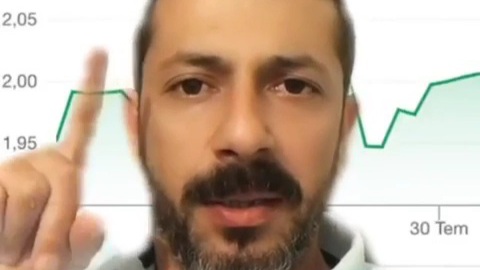As a turtle owner, it’s important to monitor your pet’s eating and drinking habits. If you notice that your turtle is not eating or drinking, it could be a sign of an underlying health problem or environmental issue. In this article, we will discuss some of the possible causes of a turtle not eating or drinking, and what steps you can take to address the issue.
Possible Causes of a Turtle Not Eating or Drinking
There are several possible reasons why your turtle may not be eating or drinking. Some of the most common causes include:
Stress: Turtles can become stressed due to changes in their environment, such as a new habitat, changes in temperature or lighting conditions, or the introduction of a new pet or person.
Illness or Injury: A turtle may stop eating or drinking if they are feeling unwell or are suffering from an injury.
Improper Diet: Turtles require a balanced diet that includes both animal and plant-based foods. If their diet is lacking in essential nutrients, they may lose their appetite.
Water Quality: Poor water quality can cause a turtle to become sick and lose their appetite. The water should be clean and filtered, with the appropriate temperature and pH levels.
Hibernation: Some turtles, particularly aquatic turtles, may go into a hibernation-like state during the winter months. During this time, they may not eat or drink.
Steps to Address the Issue
If you notice that your turtle is not eating or drinking, it’s important to take action to address the issue. Here are some steps you can take:
Monitor Your Turtle’s Behavior: If you suspect that your turtle may be stressed or ill, monitor their behavior closely. Look for any signs of lethargy, abnormal behavior, or physical changes. If you notice any concerning symptoms, contact a veterinarian who specializes in reptile care.
Review Your Turtle’s Diet: Make sure that your turtle is receiving a balanced diet that includes both animal and plant-based foods. If necessary, consult with a veterinarian or reptile expert to develop a feeding plan that meets your turtle’s nutritional needs.
Check the Water Quality: Poor water quality can cause a turtle to become sick and lose their appetite. Make sure that the water is clean and filtered, with the appropriate temperature and pH levels. If necessary, consider purchasing a water testing kit to monitor the water quality.
Provide a Comfortable Environment: Ensure that your turtle’s habitat is comfortable and meets their needs. Provide appropriate lighting and temperature conditions, and make sure that their habitat is free from any potential sources of stress.
Consider Hibernation: If your turtle is an aquatic species, they may be entering a hibernation-like state. During this time, they may not eat or drink. If you suspect that your turtle is hibernating, monitor their behavior closely and consult with a veterinarian or reptile expert for guidance.
Conclusion
If your turtle is not eating or drinking, it’s important to take action to address the issue. Possible causes include stress, illness or injury, improper diet, poor water quality, or hibernation. By monitoring your turtle’s behavior, reviewing their diet, checking the water quality, providing a comfortable environment, and considering hibernation, you can help ensure that your turtle receives the necessary care to stay healthy and happy. If you have any concerns about your turtle’s health, don’t hesitate to contact a veterinarian who specializes in reptile care.












